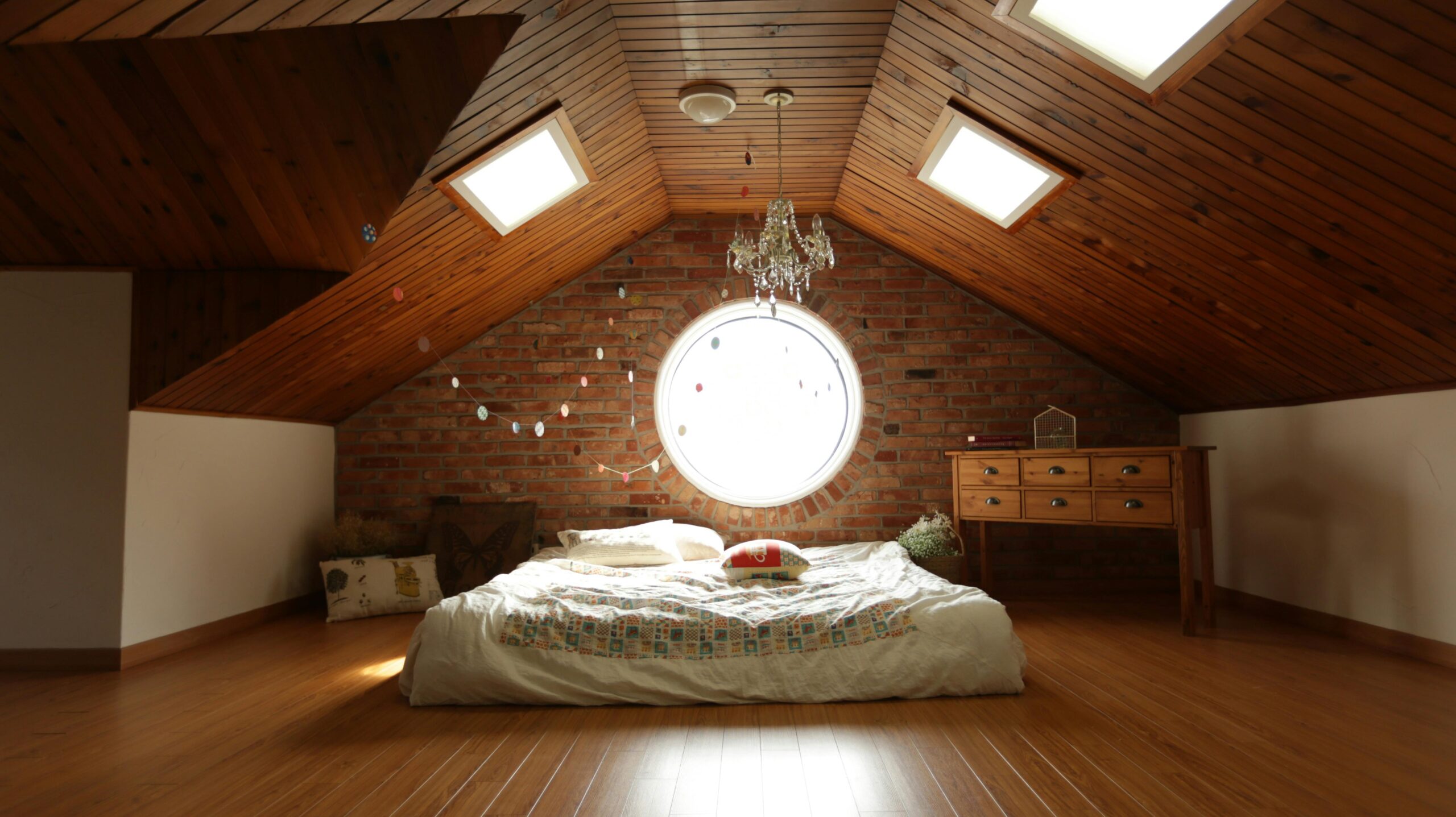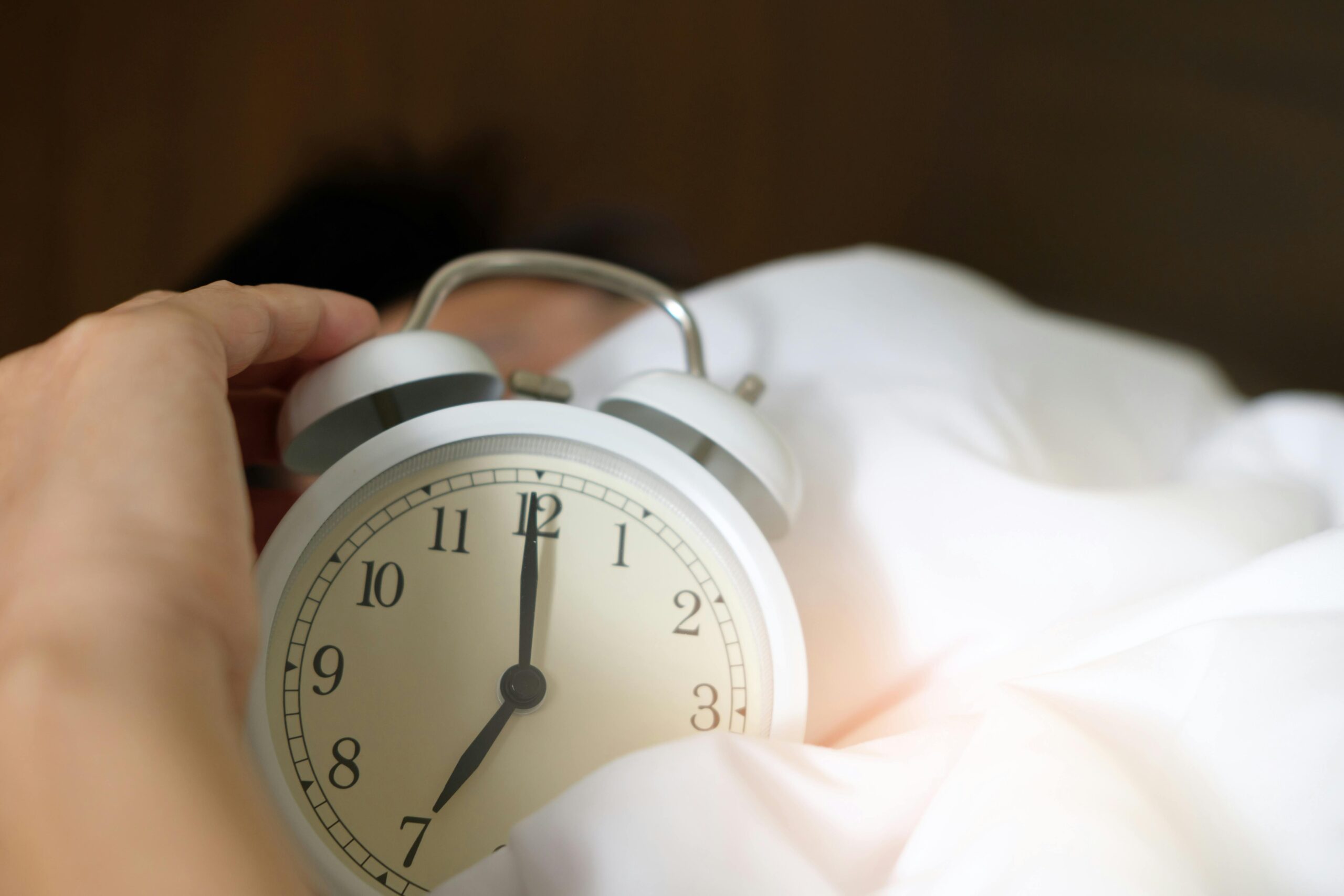Physical Address
304 North Cardinal St.
Dorchester Center, MA 02124
Physical Address
304 North Cardinal St.
Dorchester Center, MA 02124

Sleep is one of the most critical pillars of overall health and well-being, yet it’s often the most neglected. Poor sleep doesn’t just leave you feeling groggy and irritable—it can have far-reaching effects on your physical and mental health. Research consistently links insufficient sleep to weakened immunity, weight gain, increased risk of chronic illnesses like heart disease and diabetes, and even impaired cognitive function. Simply put, the quality of your sleep impacts everything from your energy levels and mood to your ability to make decisions and maintain relationships.
While many people struggle to achieve consistent, restful sleep, the good news is that small changes in your habits and environment can make a significant difference. By understanding the factors that influence your sleep and adopting healthy habits, you can unlock the full potential of a good night’s rest.
This article will explore practical tips and habits designed to help you sleep better, faster, and more soundly. From creating an ideal sleep environment to establishing a bedtime routine, these strategies can improve your sleep quality and enhance your overall lifestyle. Prioritizing sleep isn’t just about getting through the day—it’s about thriving in every aspect of your life. After all, when you sleep better, you live better.

Your sleep environment plays a pivotal role in determining how well you sleep. A poorly optimized bedroom can disrupt your ability to fall asleep, stay asleep, and wake up feeling refreshed. By making a few intentional changes, you can create a space that promotes deeper, more restorative sleep.
Start by focusing on comfort. Invest in a supportive mattress and pillows suited to your sleeping position—whether you’re a back, side, or stomach sleeper. Choose breathable, soft bedding materials to regulate temperature and avoid discomfort during the night. Speaking of temperature, keeping your room cool, ideally between 60-67°F (15-19°C), can signal your body that it’s time to rest.
Lighting also has a profound effect on sleep quality. Exposure to artificial light, especially blue light from phones, laptops, or TVs, suppresses melatonin production, the hormone responsible for sleep. Aim to dim your lights an hour before bed and consider blackout curtains or an eye mask to block external light entirely.
Noise can be another sleep disruptor. If you live in a noisy area, white noise machines or earplugs can help drown out sounds and create a quieter atmosphere.
Remember, your bedroom should be a sleep sanctuary—a place reserved for rest and relaxation. Decluttering your space and removing distractions, such as work materials or electronic devices, can reinforce this association.

Your pre-sleep habits are key to setting the tone for a restful night. What you do in the hours leading up to bedtime can significantly affect your ability to fall asleep quickly and stay asleep through the night. Establishing a healthy pre-sleep routine not only signals to your body that it’s time to wind down but also helps reduce stress and anxiety that may keep you up.
One of the most important habits for better sleep is establishing a consistent sleep schedule. Going to bed and waking up at the same time every day—even on weekends—helps regulate your body’s internal clock, known as the circadian rhythm. This consistency makes it easier for your body to naturally fall asleep and wake up, improving the overall quality of your sleep.
In addition to consistency, developing a relaxing bedtime routine can be incredibly beneficial. Activities such as reading a book, meditating, or taking a warm bath can help signal to your brain that the day is coming to an end. Avoid stimulating activities such as intense exercise or engaging with electronic devices that emit blue light, as these can interfere with the production of melatonin, the hormone responsible for sleep.
Lastly, limiting caffeine and alcohol intake, especially in the evening, can greatly improve your sleep. Caffeine is a stimulant that stays in your system for hours, making it harder to fall asleep, while alcohol may disrupt sleep cycles and affect the quality of your rest. Consider replacing evening beverages with herbal teas like chamomile or valerian root, which are known for their calming properties.
By making small but impactful adjustments to your pre-sleep habits, you can significantly improve the quality of your nightly rest.

What you eat and how you live throughout the day directly impacts your ability to sleep well at night. It’s not just about avoiding stimulants like caffeine before bed—your overall lifestyle choices, including your diet and physical activity, play a significant role in regulating your sleep patterns. By incorporating sleep-friendly habits into your daily routine, you can enhance the quality of your sleep and wake up feeling more rested and rejuvenated.
Foods That Promote Sleep
Certain foods are naturally rich in nutrients that support sleep. For example, foods high in magnesium, such as leafy greens, nuts, seeds, and legumes, are known to promote muscle relaxation and calm the nervous system, helping you sleep more soundly. Additionally, tryptophan, an amino acid found in turkey, dairy, and eggs, is a precursor to serotonin, a neurotransmitter that helps regulate sleep and mood. Including more of these foods in your evening meals can help prepare your body for rest.
The Link Between Exercise and Sleep Quality
Exercise is another powerful tool for improving sleep. Regular physical activity has been shown to help you fall asleep faster and experience deeper sleep. This is because exercise promotes the release of endorphins, which reduce stress and anxiety, two common culprits of sleep disruption. However, timing matters—intense exercise close to bedtime can be counterproductive, as it may increase adrenaline levels and make it harder to unwind. Aim to finish vigorous workouts at least 3-4 hours before bed for the best sleep benefits.
In addition to food and exercise, maintaining a balanced hydration routine is crucial for sleep. While you don’t want to consume large amounts of water right before bed, staying hydrated throughout the day supports optimal body functions, including regulating sleep cycles.
Incorporating these nutrition and lifestyle habits into your daily routine can significantly enhance your sleep, leaving you feeling refreshed and energized each morning.

Even with the best intentions and habits, many people still struggle with sleep challenges that can hinder their ability to rest properly. Whether it’s trouble falling asleep, waking up in the middle of the night, or dealing with a racing mind, these obstacles are more common than you might think. Understanding how to address these challenges effectively can lead to better sleep outcomes and a more restful night.
Tips for Falling Asleep Faster
Struggling to fall asleep is a widespread issue. The good news is that there are proven techniques to help you relax and fall asleep faster. One such method is the 4-7-8 breathing technique. This simple but powerful practice involves inhaling for four seconds, holding your breath for seven seconds, and exhaling slowly for eight seconds. This helps activate the parasympathetic nervous system, promoting relaxation. You can also try progressive muscle relaxation, which involves tensing and relaxing muscle groups from head to toe, helping ease physical tension and quiet your mind.
How to Deal with Nighttime Wake-Ups
Waking up in the middle of the night can be frustrating and disruptive. If you wake up, avoid looking at your phone or clock, as these can further disrupt your sleep cycle. Instead, try deep breathing exercises or focus on calming imagery, like imagining a peaceful landscape or a slow-moving stream. If you can’t fall back asleep within 20 minutes, get out of bed and engage in a calming activity like reading a book in low light to avoid stressing over the inability to sleep.
Managing Stress for Better Sleep
Stress is one of the most significant sleep disruptors. When you’re anxious or overwhelmed, your mind is often too active to rest. Incorporating mindfulness techniques into your daily routine can significantly improve your sleep. Meditation, yoga, and journaling are excellent ways to manage stress and prepare your body and mind for restful sleep. Even a short session before bed can help ease the tension accumulated throughout the day, allowing you to unwind more easily.
By addressing these common sleep challenges with practical strategies, you can reduce the impact they have on your overall sleep quality and enjoy more peaceful, uninterrupted nights.

While adopting short-term sleep strategies can help you fall asleep and stay asleep, building long-term sleep hygiene habits is crucial for maintaining consistent, high-quality rest. Sleep hygiene refers to the practices and habits that contribute to a good night’s sleep over time. By committing to these habits, you create a foundation that supports restful sleep on a regular basis, leading to better physical and mental health in the long run.
The Importance of Sleep Hygiene Practices
Maintaining proper sleep hygiene is about creating a consistent and calming routine that prepares your body for sleep each night. This includes going to bed and waking up at the same time every day, even on weekends. Keeping a regular sleep schedule reinforces your body’s internal clock, making it easier to fall asleep and wake up naturally. It’s also essential to avoid naps during the day, particularly in the late afternoon or evening, as they can interfere with nighttime sleep. Additionally, keep your sleep space clean, cool, and free from distractions like work materials or entertainment devices to foster a peaceful environment conducive to rest.
Tracking Your Sleep Patterns
Sometimes, despite your best efforts, sleep issues may persist. In such cases, tracking your sleep patterns can be a game-changer. Using a sleep journal or a sleep tracker can help you identify patterns, pinpointing what may be contributing to poor sleep. Sleep trackers monitor factors like sleep duration, the number of awakenings, and overall sleep quality, providing valuable insights that you can use to make informed adjustments to your routine. For example, you might discover that certain foods or activities affect your sleep more than you realize. With this information, you can optimize your sleep habits further.
By incorporating these long-term habits into your routine, you lay the groundwork for better sleep quality over time. Healthy sleep hygiene practices, combined with consistent tracking, can help you achieve lasting improvements in your sleep and overall well-being.
In today’s fast-paced world, prioritizing sleep is more important than ever. The quality of your sleep impacts nearly every aspect of your health—from cognitive function and emotional well-being to physical health and longevity. By understanding the factors that influence your sleep and adopting healthy sleep habits, you can significantly improve your rest, which will in turn enhance your daily life.
From optimizing your sleep environment and developing a pre-sleep routine to making nutrition and lifestyle changes, every small adjustment you make can contribute to better sleep. Overcoming common sleep challenges and building long-term sleep hygiene habits further solidify your path to improved rest.
Remember, good sleep isn’t a luxury—it’s a necessity for a thriving life. By embracing these tips and habits, you’re not only investing in your sleep but in your overall well-being. Whether it’s through the calming influence of a sleep sanctuary or the consistency of a bedtime routine, your journey toward better sleep starts now.
So take the first step today: prioritize your sleep, refine your habits, and enjoy the profound benefits of restful, restorative nights. After all, when you sleep better, you live better. For more information on the importance of sleep and its connection to good health, check out this article on sleep and health.